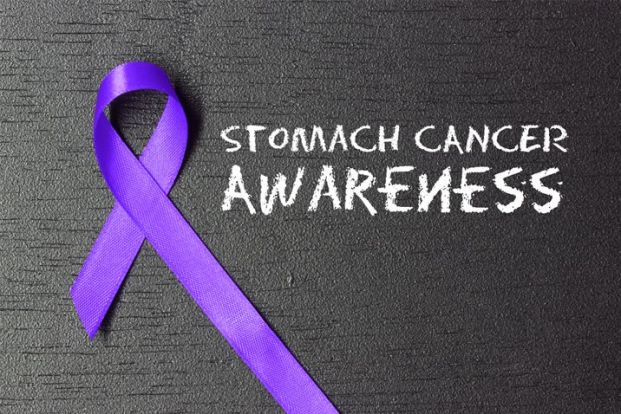Is Gastric cancer genetic disease?
Apr 19, 2022
Genetic: -Human body contains 20 to 30 thousand various genes and these genes are inherited from both parents. These genes directs our body how to make different organs before birth and after birth these genes guide our body how to react. When there are changes in these genes they direct body to react in a different manner leading to development of different diseases including cancer. These genes are passed down in families, and by doing genetic testing among close family members, we can find out if any special precautions are required to prevent occurrence of cancer.

Hereditary diffuse gastric cancer (HDGC) is one of the most common cancers in India, and there are two main types of gastric cancers, the intestinal type and the diffuse type. In western countries the incidence of gastric cancer is decreasing in older patients, but it is not the case in younger patients with many family members having diffuse type of gastric cancer. This shows that probably genetics is playing a role in this form of gastric cancer. Now in various studies this cancer has been proven to be a genetic inherited disease, with presence of diffuse gastric cancer in 10% families members but only 3% of gastric carcinomas arise as a result of an inherited genetic syndrome.
The germline mutations of the CDH1 gene defect is identified among close family members and this results in the syndrome of hereditary diffuse gastric cancer (HDGC). Families with collection of gastric cancer of diffuse gastric cancer type but not fulfilling the criteria for HDGC are termed familial diffuse gastric cancer (FDGC).
Genetic testing-the decision of doing genetic testing is difficult as at times it is difficult to decide what you will do after you have result of genetic testing. If you have CDH1 mutated gene, your doctor or genetic counselor can explain in detail about the risk of your future children having the disease or will guide you take certain steps to decrease your risk of getting a cancer later in life though it’s usually not possible to completely prevent a disease. Sometimes knowing that you have a genetic mutation can be very upsetting or stressful to some people, so many people decide not to get this test, as there’s nothing they can do about it.
At the same time if the result is negative, it does not mean that the disease will not occur as breast cancer has multiple risk factors like environmental factors and life style changes which are the other culprits.
In hereditary diffuse gastric cancer patient has lifetime cumulative risk up to 70 % in men and 50%in women of getting gastric cancer. These patients develop gastric cancer early at an age of 40 years. Women in hereditary diffuse gastric cancer are also at high risk of developing a type of breast cancer called as lobular breast cancer with estimated lifetime risk approximately 42%. Other diseases associated with this are cleft lip and colon cancer.
Genetic testing is usually done by next-generation sequencing based gene panel tests and this genetic testing should only be done if there are: –
(1) Two gastric cancer cases in a family regardless of age, at least one confirmed diffuse gastric cancer before the age of 50 years.
(2) Any person with diffuse gastric cancer under the age of 40years.
(3) Family history of (in 1st or 2nddegree relative) diffuse gastric cancer and lobular breast cancer, with one diagnosed under the age of 50 years.
(4) Genetic testing can also be considered in:
(a) Bilateral lobular breast cancer or family history (1st or 2nddegree relative) of two or more cases of lobular breast cancer <50 years.
(b) A personal or family history (1st or 2nd-degree relative) of cleft lip/palate in a patient with diffuse gastric cancer.
(c) An individual with in situ signet ring cells and/or pagetoid spread of signet ring cells on a gastric biopsy
Advice to the patient
(1) For patients who have a germline mutation CDH1, prophylactic total gastrectomy (surgical removal of stomach) is the recommended between age 20 and 30years.
(2) For those who are diagnosed as carriers, screening by yearlygastric endoscopy with random biopsies should be done before age of 20.
(3) Females who carry a CDH1are at high risk of lobular cancer of breast so theyshould be treated similar to other high-risk conditions for breast cancer. Breast cancer surveillance should be done with yearly breast MRI, combined with mammography starting at age 30.
(4) For affected relatives with a history of colorectal cancer, surveillance with colonoscopy starting at age 40 or ten years younger than the youngest family member diagnosed with colon cancer, to be repeated every 3-5 years.
So to a question – Is gastric cancer a genetic cancer? The answer is –‘yes’. This hereditary gastric cancer is found to be running in families with associated colon cancer and cleft lip risk along with lobular breast cancer in females









